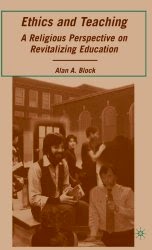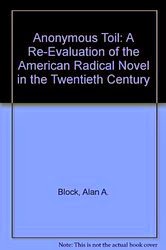Horse Hockey
The article concerns the decision of the teachers in Leesburg, Virginia to institute a work-to-rule condition until their contractual demands are negotiated. The article reports that, “The teachers in Leesburg, like many of their peers across the nation, are quite angry. They haven’t had a raise in three years and they’ve been stuck with a number of unpaid furlough days.” That is, they have not only not received a raise, but they have had money owed them removed from their salaries! Alas, I know the feeling. I work in Wisconsin!!
And then the article goes on to castigate the teachers for taking concerted action to protest their situation, and describes the actions of the teachers as a childish temper tantrum.
What is a work to rule action? The teachers have decided that they will do what they’re absolutely required to do “for the proper functioning of the school” and absolutely nothing else. “Extra duties, like volunteering at PTA events, providing student tutoring before or after school, or volunteering at school athletic events, are out of the question.” That is, the teachers will perform those duties they have been assigned by contract and for which they are being paid, albeit obviously not enough.
Union leader Kitty Boitnott declared that “Time has come for state and local legislators, and our citizens, to recognize they get what they pay for . . . They already know this, but they haven’t considered that by asking us to educate kids on the cheap. They are shortchanging the future of this country and this commonwealth.” The response of Educational Action Group: “Horse hockey.” The organization argues “Teaching is supposed to be a noble calling. Concern for the student comes first in all circumstances, and fights between adults over salary and benefits must be secondary concerns.” As a teacher for the past four decades, to this sentiment I say, “Horse hockey!” The organization does acknowledge that if workers in a factory call for a slow down if they feel they are underpaid may have justification, but the same right is not afforded to teachers!!
I can hardly bear to type these absurd accusations. And so I intend to stop. But when I presented this screed against teachers to the students in my Foundations of Education class who want to be teachers, they agreed with the sentiments presented in the article. They agreed that teachers ought to be selfless martyrs!!
And I want to know where they acquired this information?















